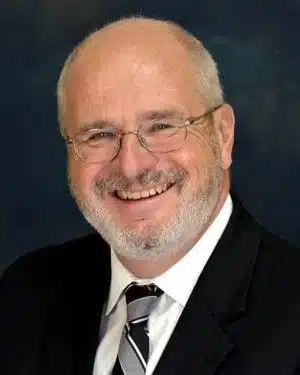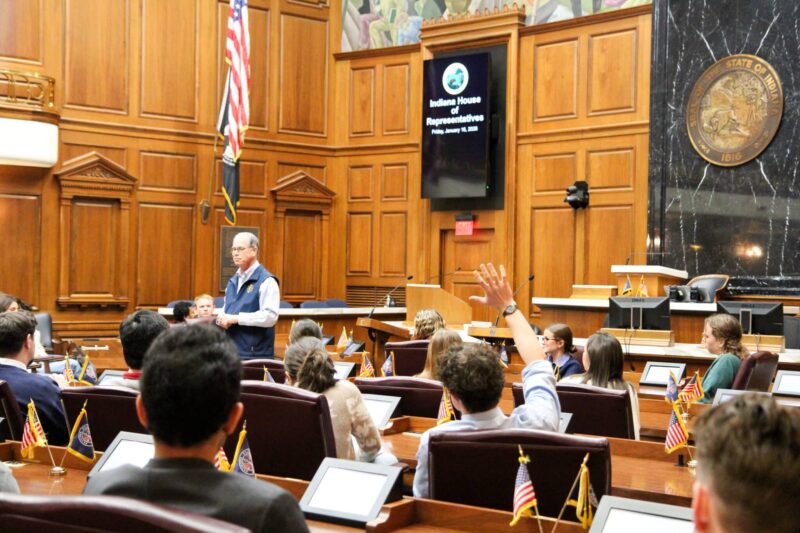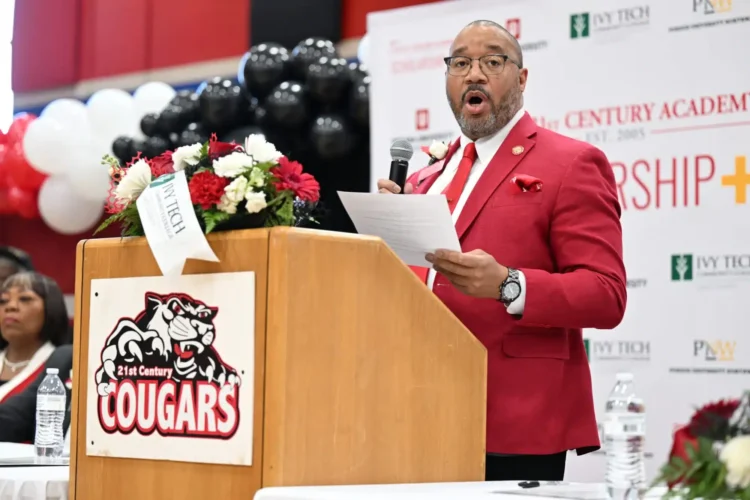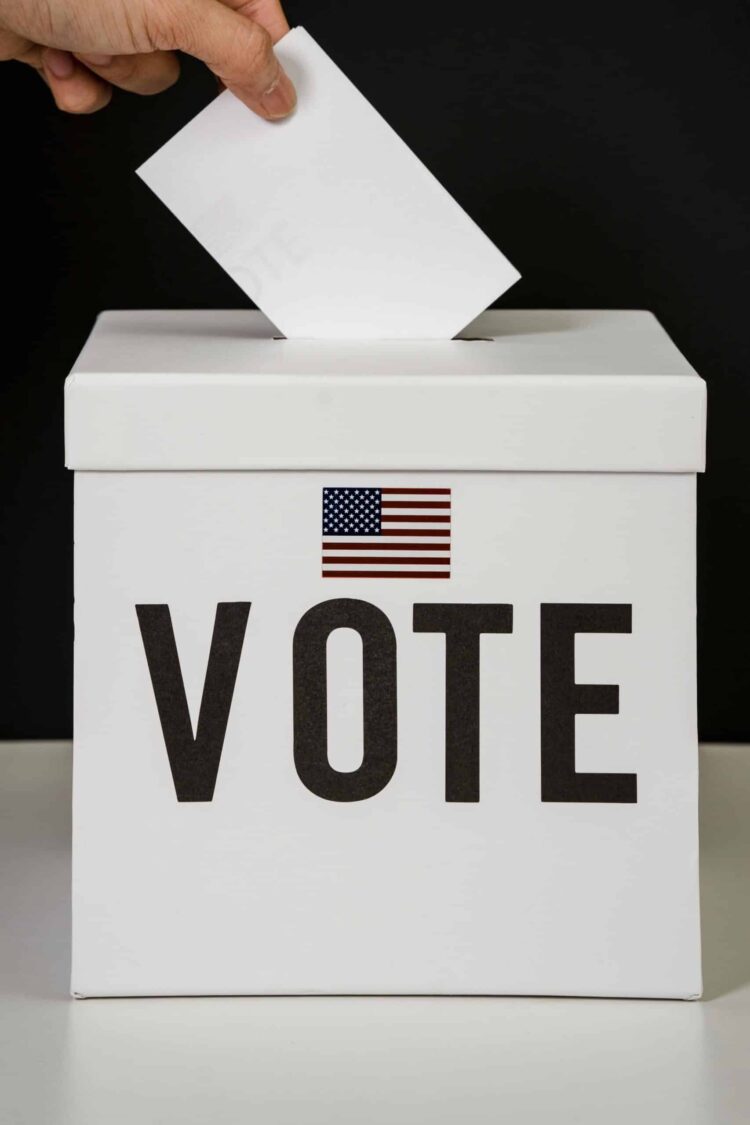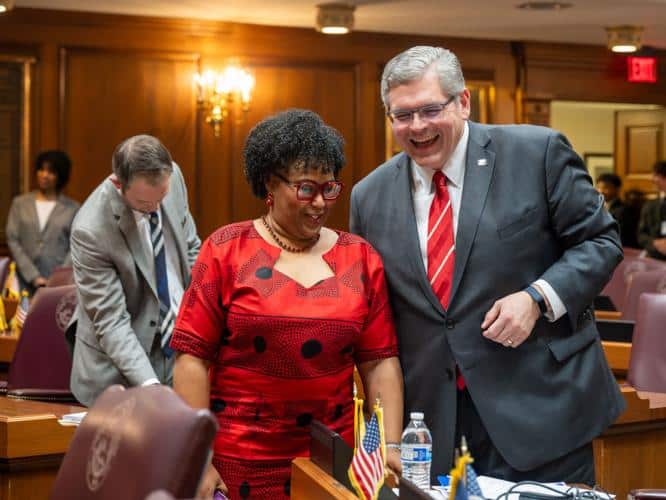When a shooter opened fire at Annunciation Catholic Church in Minneapolis, killing two children and wounding at least 18 other people, the cries of the injured and the laments of the grieving hadn’t even died away before the same predictable voices began to offer their stale takes on the horror.
There was a dustup over the phrase “thoughts and prayers.”
Those who offered such sentiments in sympathy for the victims and their loved ones found them met with snarls by skeptics who noted that those who had been shot were in a church, at prayer, when the bullets began to fly.
When U.S. Vice President JD Vance attributed this mass horror to a mental-health crisis in America, his argument was dismissed with scorn. If Vance and other members of President Donald Trump’s administration were so concerned about mental health, why did they cut $1 billion worth of such services from the federal budget?
And the arguments about the role Americans’ easy access to guns plays in our ongoing national debacle ran into the usual brick wall of denial and indifference from the National Rifle Association and its massive force of well-fed lobbyists and ever-so-compliant elected official across the country.
While the sides in this debate toss their increasingly tired lines back and forth, the suffering continues, the deaths mount and the grieving festers.
This is a genuine tragedy—more so because it is an increasingly willed tragedy.
Many of the tens of thousands of firearm-related deaths we Americans rack up every year occur because we, as a nation, refuse to honestly discuss our gun problem.
When we talk about guns and gun deaths, we too often shout.
And we almost never listen.
This adds to the sadness because the rough contours of an answer to the problem are there.
If we’re willing to follow where the facts lead.
It is, for example, entirely possible there is a linkage between mental health and the ungodly number of gun deaths on our native soil.
The percentage of Americans who personally own guns has dropped over the past 30 years. Now, fewer than one-third of Americans—about 31% to 32%, depending upon the survey—own a firearm.
That said, there are more guns sold in this country than ever before. Many of them are the high-capacity, military-style semiautomatic weapons that are the most profitable products for the firearms industry to sell.
How is it possible that more guns are being sold now when there are fewer Americans buying them?
Many of the people who buy guns now buy them in large numbers. They amass what amounts to stockpiles of deadly weapons. That is why, in so many of our mass shootings, the shooter has a veritable arsenal at his or her disposal.
This has ramifications that extend far beyond the problem of mass shootings.
At least part of the reason our metropolitan police forces in so many American cities have been transformed into quasi-military forces is that law-enforcement officials never know when they might run into an offender with more firepower than some battalions. It also could account, at least partially, for the reason cops often seem quick on the trigger.
It’s easy to panic if one fears that delay could result in multiple rounds per minute flying one’s way.
What might result from investigating if the quiet person who suddenly has begun assembling a cache of guns sufficient to arm a platoon has been going through a difficult time or struggling to maintain psychological stability?
The fact is that those advocating for the rights of gun owners do have a point. Mental health issues often do play a role in shootings, either of the mass or everyday type.
Where their argument breaks down, though, is that they refuse to take any steps to make it more difficult for people who are unstable or flat-out dangerous to lay their hands on deadly weapons.
If we want to solve this problem, we Americans will need to stop shouting at each other and start listening to each other.
If we don’t, the mountain of facts that suggest that we could solve this problem but choose not to will grow ever higher.
As will the number of deaths.

